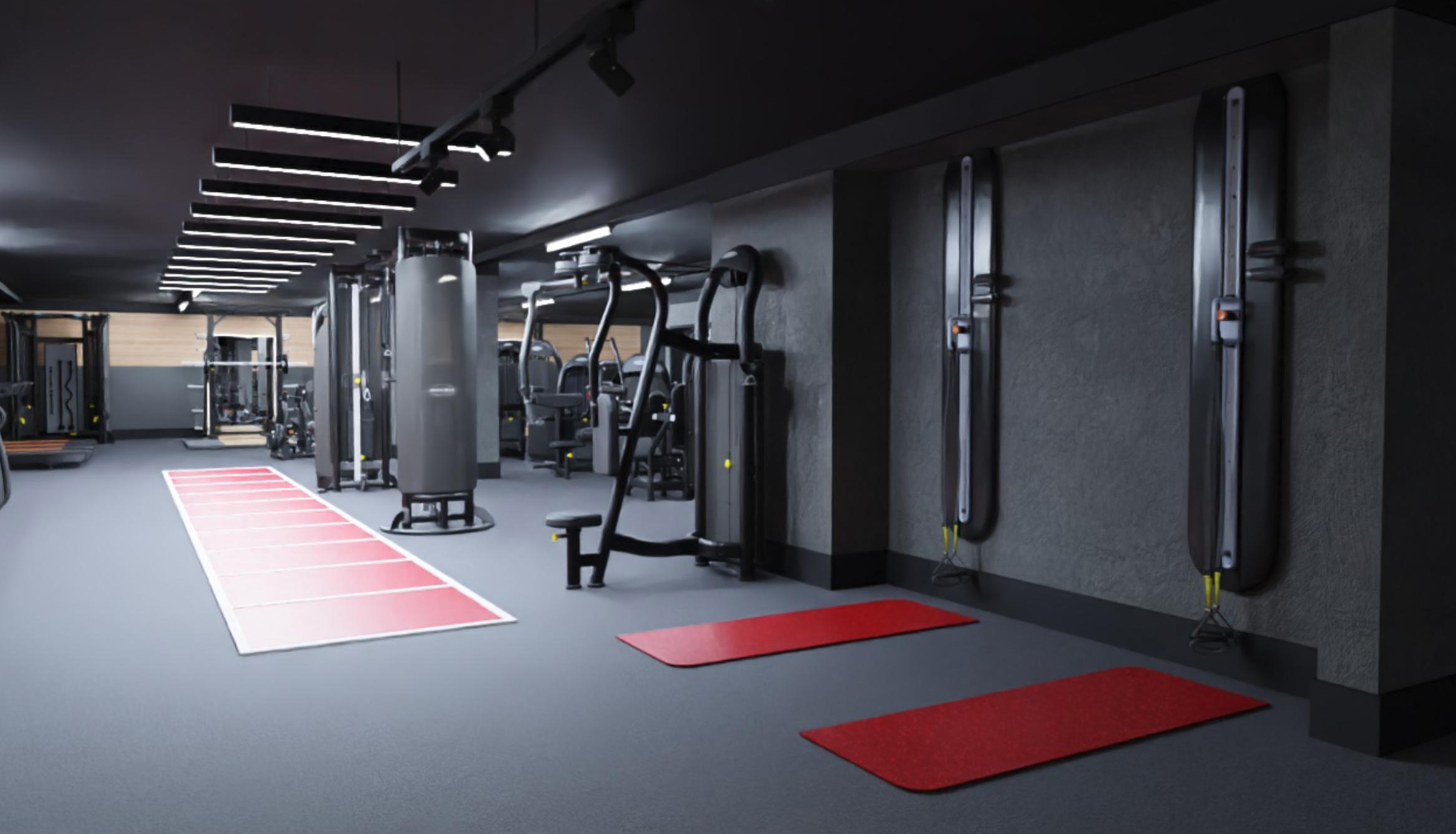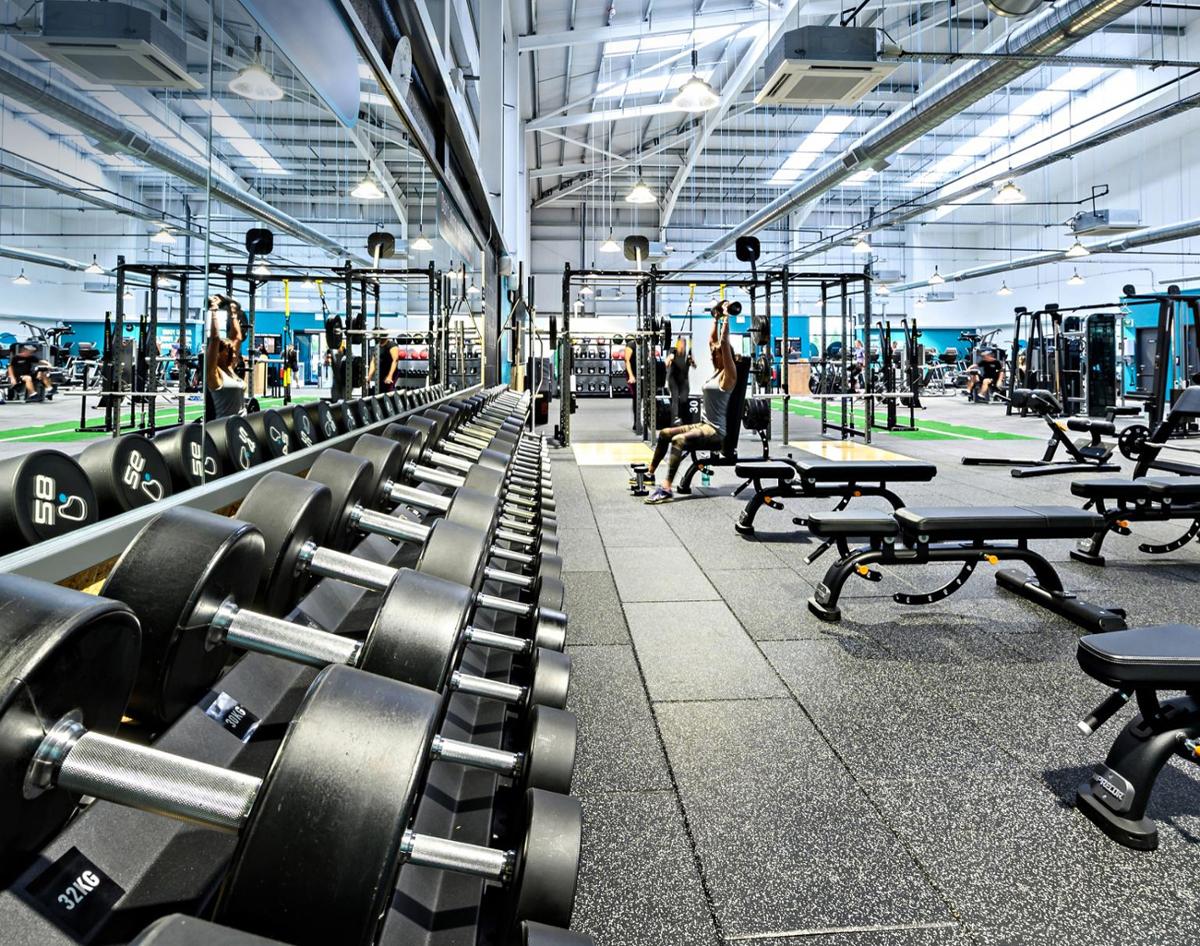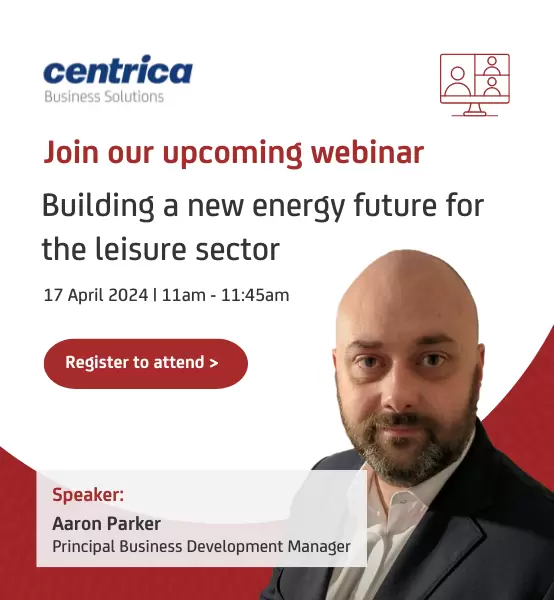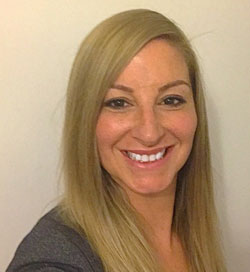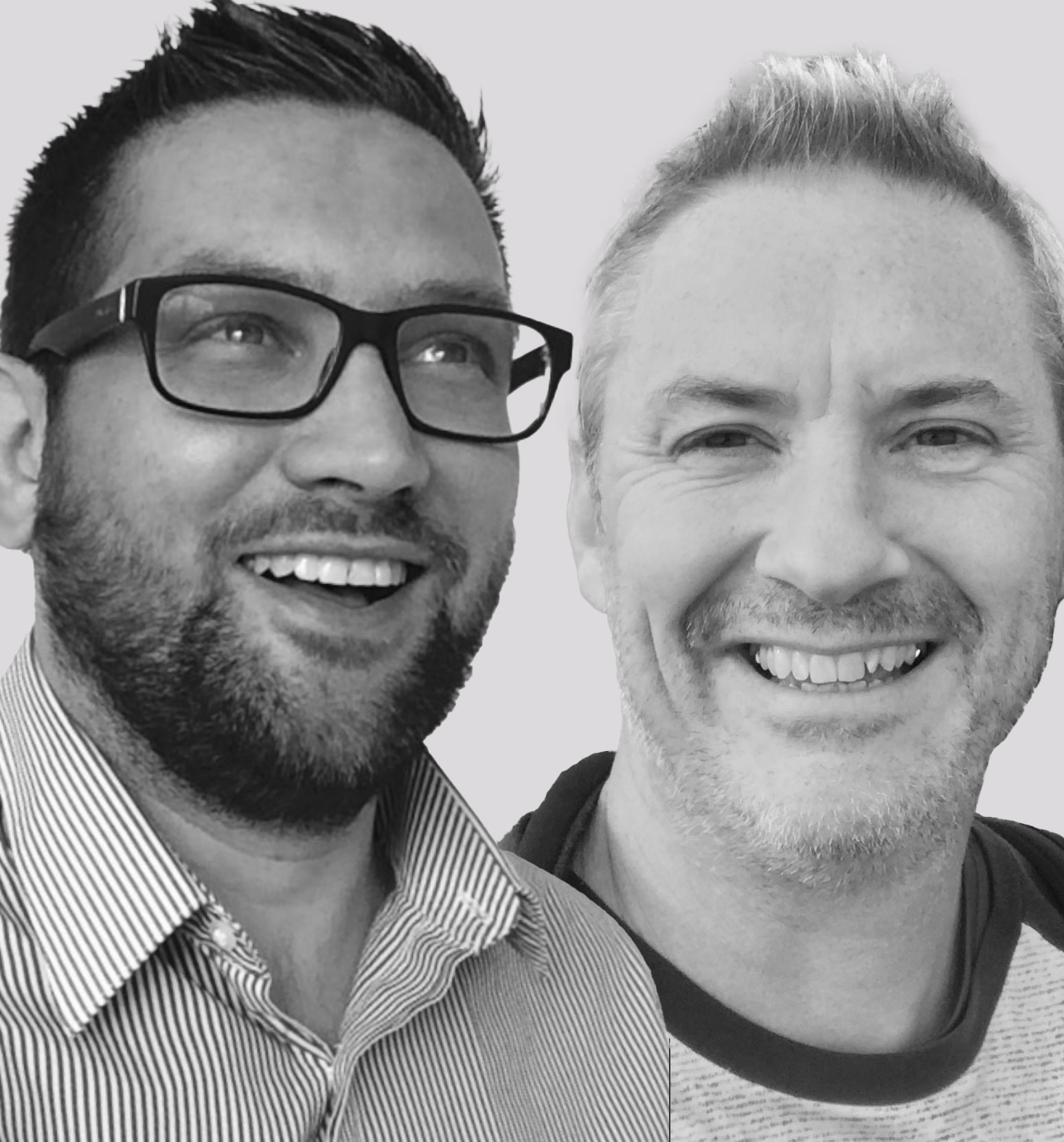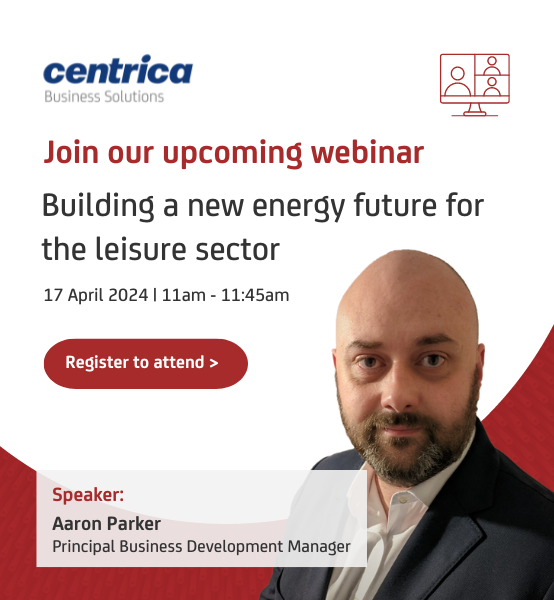latest fit tech news
Egym snaps up Hussle as it moves to dominate the corporate wellness market with its Wellpass product
Life lessons: Tough times
The last three years have been challenging, with no letup in sight, but while hard times are seldom enjoyable, we emerge stronger, wiser, more resilient and grateful – if a little bruised. Kath Hudson asks industry entrepreneurs what they learned from their career low points
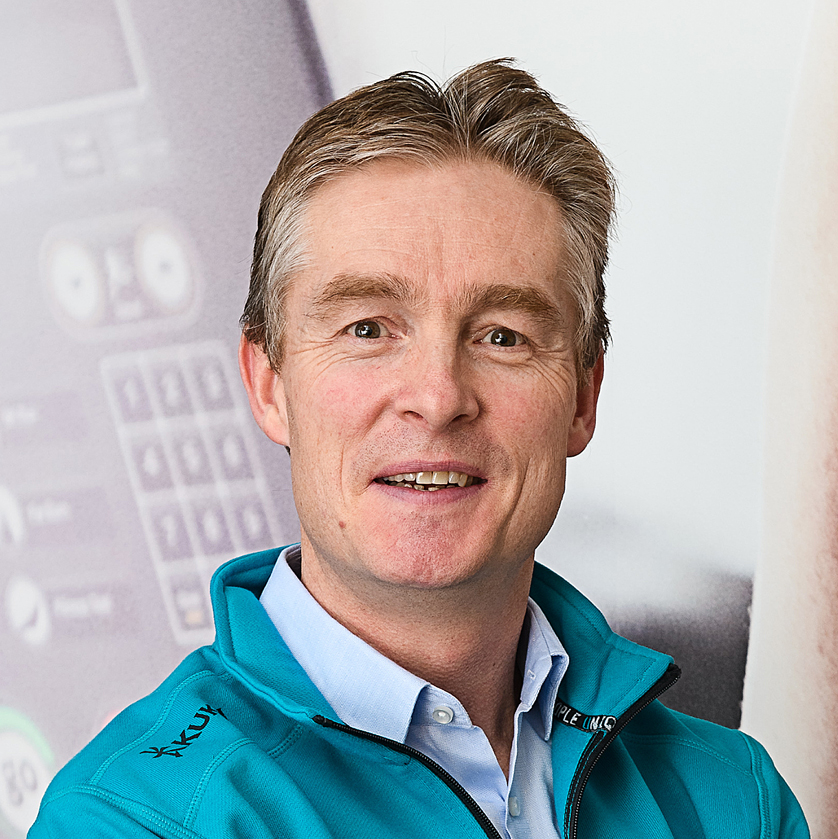
One afternoon I was unceremoniously fired from Wiggle, the private equity-owned company I’d devoted my life to for the best part of five years.I walked in that day as a CEO and walked out a nobody.
There were differences of opinion between myself and the private equity owners, but I didn’t think they were terminal, so when they delivered the coup de grâce I was shocked. In hindsight it wasn’t completely out of the blue, but it felt like it at the time and was very upsetting.
There was a real risk it would derail my career. Important people around London knew I’d been ejected from my role and when a community like the private equity industry knows that, everybody questions why.
Handling the aftermath of these situations is really important and I decided to be completely open. I didn’t go around shouting about it, but I didn’t hide the fact I had been taken out of a role I thoroughly enjoyed and that I’d put my life and soul into. I hope being open about the experience has made me look, and actually be, more human. CEOs are often criticised for being aloof, so to be considered more human is probably no bad thing.
For three to five months, I was a pretty angry man. If I could give my younger self some advice, I would say take it on the chin and move on – life’s too short to spend it angry with the world. Although there’s a natural period of anger when something like that happens, I shouldn’t have been as angry for so long and I should not have blamed people around me as much as I did.
The experience taught me humility. When you’ve been pretty successful in life and get knocked like that, you feel brought down to size. On reflection, that’s no bad thing for anyone. I also learned about the emotions people go through when they are relieved of their responsibilities, or go through a major change, so I hope it has helped to inform me when I’ve been on the other side of the table. I hope I now behave in a humane and reasonable way in such situations. They’re never easy but empathy based on lived experience probably helps.
The cloud had a silver lining. It made me reflect on what I really wanted to do and I’m incredibly grateful because I found Pure Gym during that time and have ended up building a more successful business. I now believe bad things can happen which can lead to good things.
Despite the pain, I learned some important life lessons which I wouldn’t be without. Events happen outside of your control, but the real question is what you do next to improve things for yourself and those around you. Always do the best with the circumstances you find yourself in.
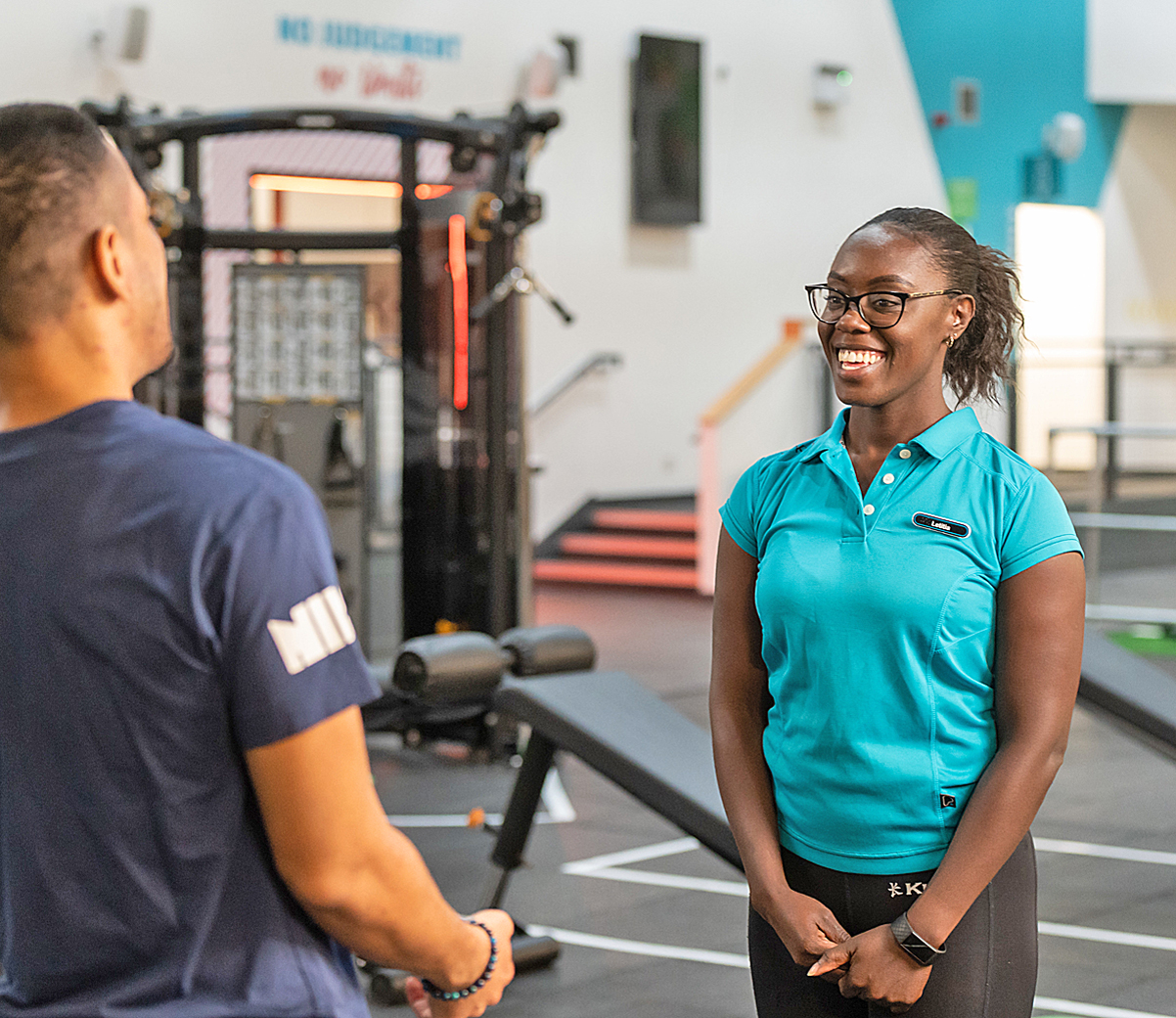
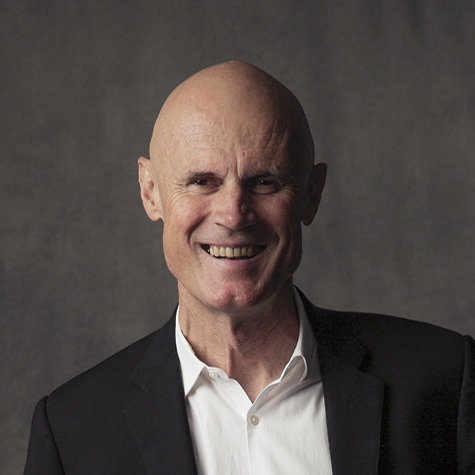
As any club operator will attest, fitness is a very tough business. We’ve battled through recessions, debt mountains and countless failures – our global PT licensing business, several clothing firms and three separate nutrition companies have gone under. Struggle has been a very real and regular part of our journey and often it’s been a battle just to keep the lights on.
The most difficult time was after our family gym business was publicly listed in 1984. It was taken over by a group of investment companies in 1987, a month before the global stock market crash. All the investors went broke and I bought our company back in pieces from different liquidators. I borrowed about NZ$10m and although I bought cheaply, that was an awful lot of money in those days.
For the next six years, I had to figure out ways to keep paying the bills from week to week while I paid down the debt. I was so burnt out I became pretty depressed, put on 10kg and wasn’t exercising. It took my partner Jackie to grab hold of me and say “Philly, you’ve got to get a grip.”
Day by day, week by week, my team and I had to come up with new ways to generate cash and improve the business. After Jackie and I spoke about my health, I set myself some goals and one was to make my way up to A-Grade tennis. Of course, I never made it past the Whangarei Open, let alone Wimbledon, but within a year I lost most of the weight, the depression lifted and the business turned a corner.
Working closely as a team we learned dozens, maybe hundreds of things that ultimately made our business better. Many of them we’ve codified into our Group Fitness Management education experience, which we’ve delivered to thousands of clubs around the world.
Since then, I’ve worked through three more global crises – the pandemic being the toughest. Each crisis is always awful, but after you survive the first, you know you can do it again. There’s nothing like hardship to bring the best out of us.
I’d love to have been able to learn those lessons without the pain, but that’s not real. You have to live through it to learn. We’ve made more mistakes than I care to count over the years, but you take your chances, you learn from them and you go again. The most important thing you learn is that resilience is essential if you want to be around long enough to make a lasting difference. Kia Kaha (Be strong).
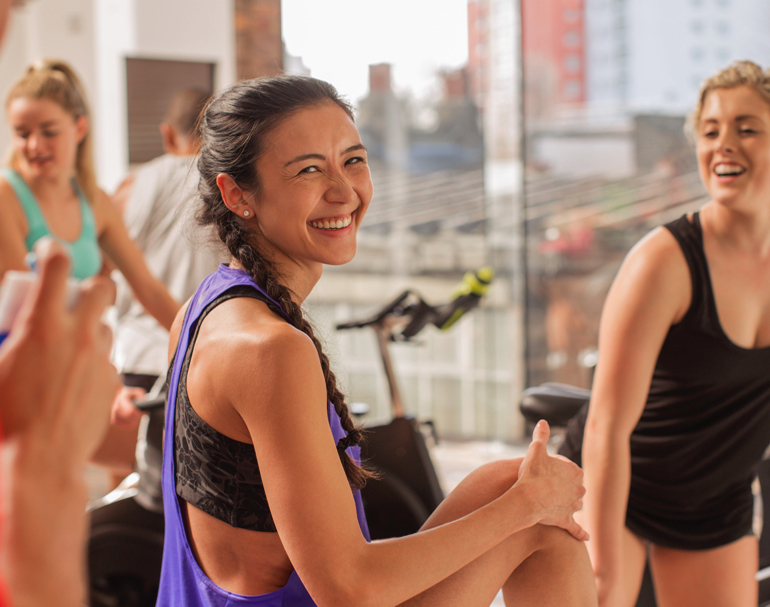
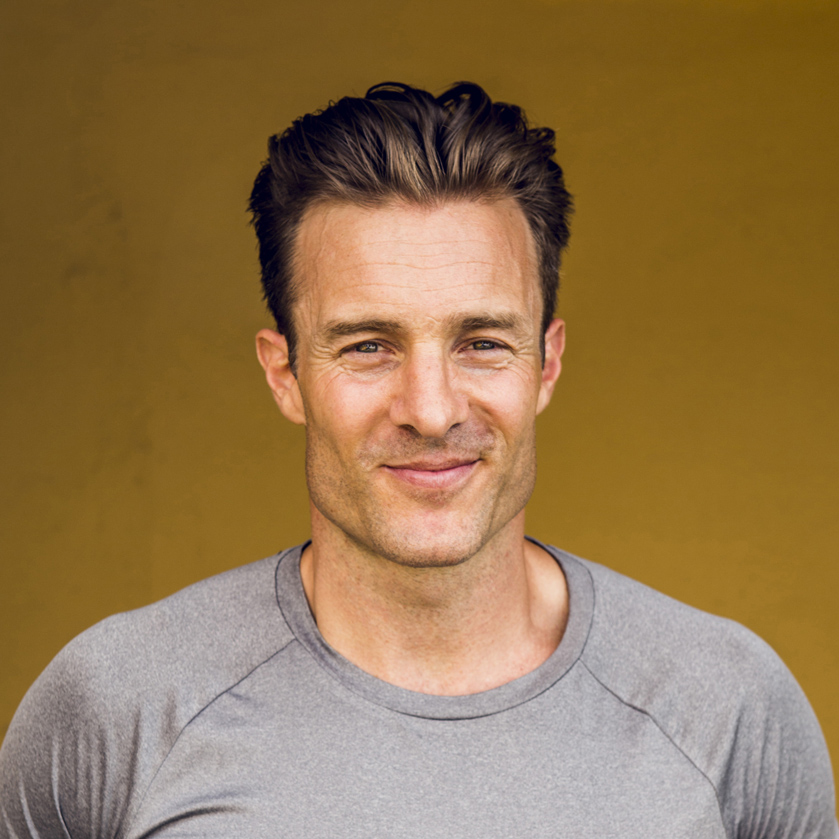
Having built a number of businesses over the last two decades, I’ve experienced my fair share of good and tough times. I lost 95 per cent of my fortune in the 2008 financial crash and had to start again from scratch.
My gym chain Repeat didn’t survive the harsh trading conditions of the pandemic, which was mentally very challenging.
Much of the resilience needed and the lessons learned happened very early on, when we were establishing Fitness DK, in the early 2000s. We secured two sites in close proximity to each other, which were scheduled to launch one year apart, but because of a delay caused by the landlord, one overran and they ended up launching simultaneously, making it difficult to build the membership fast enough to minimise the initial loss on operation. As a result, we were bleeding financially and close to bankruptcy.
I looked at the cost structure to see where we could make savings, and we had significant costs for rent, equipment leasing and to the bank.
With new budgets and forecasts, I went to the landlords, bank and equipment suppliers and asked to freeze our payments for a few months and pay later once the clubs were established. They all said yes, allowing us to turn the business around. It made me realise the importance of relationships. If you enter negotiations respectfully and look for a win: win, then you’re more likely to get a favourable outcome.
Another learning was to secure yourself legally and to have respect for the things you don’t know much about. Our problem had arisen because we didn’t secure ourselves sufficiently with the contract. The landlord’s delay ended up as our cost – we weren’t the root cause of the problem, but we had to foot the bill. The experience came at a cost but I’m still grateful for it. Although it’s important to be friends, make contracts as if you are enemies, because if you ever have to look at them you may well be!
Good times and hard times are cyclical and this too shall pass. But don’t bury your head in the sand: work hard and do your best. When the good times come back, remember the lessons from the tough times. Make sure you have money in the account, or access to debt before you need it. And, if you’re in a position to help someone, do it – it might be you asking for the favour tomorrow.
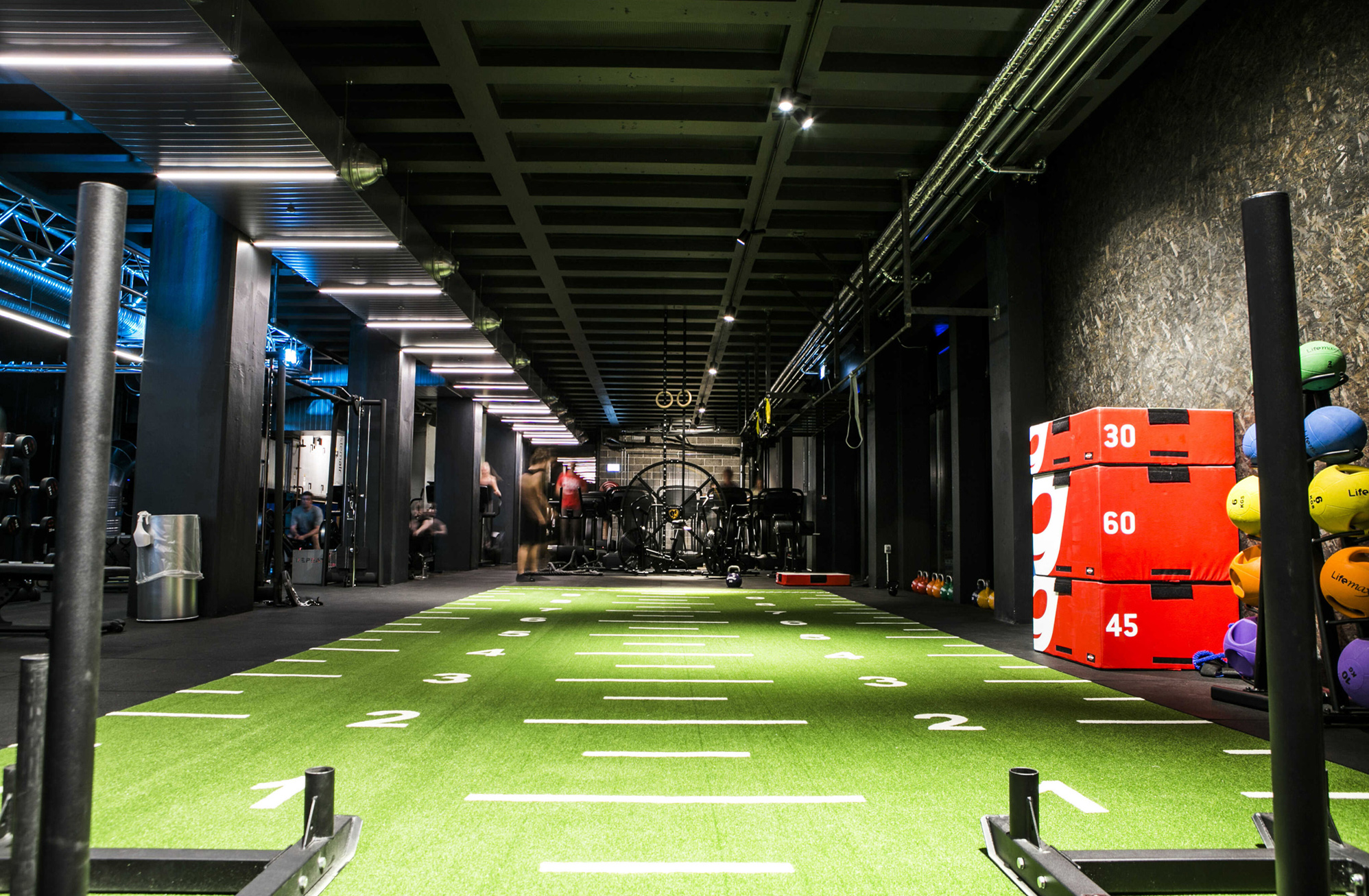
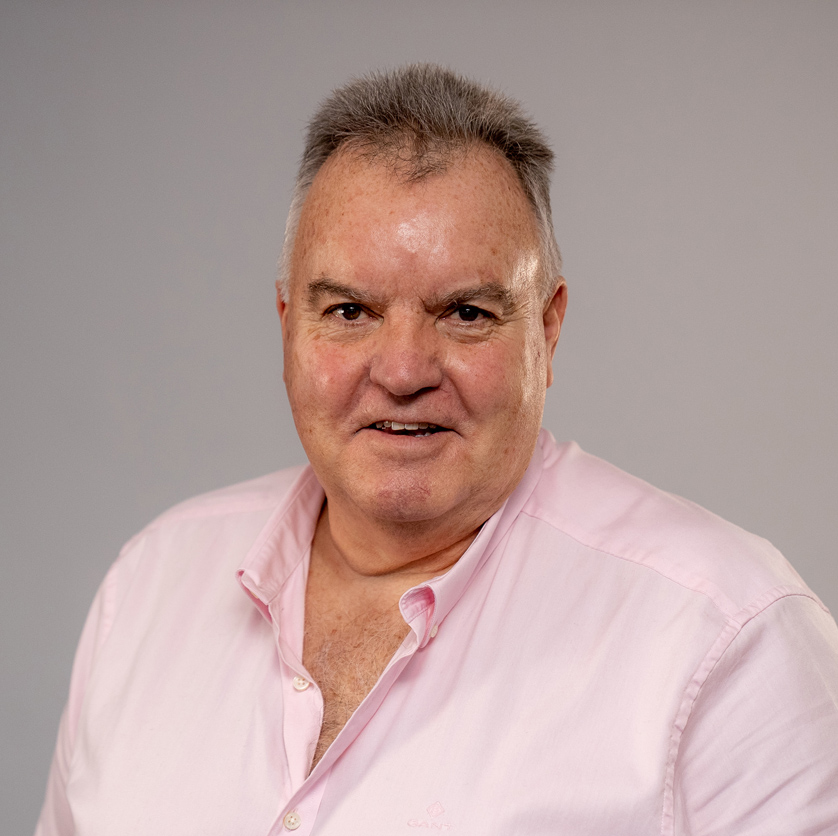
I’m in my fourth decade of working in the sector and one of the things I’ve learned through the course of my career is that it moves in cycles. Times get tough and then you come out of them. I’ve been through a number of challenging periods: the 90s recession, the City falling out of love with the sector and the 2008 financial crash. Much of the time it’s circumstances outside of the sector’s control which makes doing business difficult.
I’m naturally optimistic, but I’ve also learned to keep calm: there’s no point in panicking. Interest rates once rose to 18 per cent – I could have given in – but then they came down. Energy prices will eventually come down too. Although I predict the sector will have to become more sustainable, as this is important to our members.
I was fortunate to have the great mentorship of a chair who drummed some important lessons into me. It was both these and the experience of the recession in the 90s which informed the development of The Gym Group. Firstly, always put the customer and their needs front and centre. We created a low cost, high quality, 24/7 model because our research told us that’s what people wanted.
Secondly, the people who work for you are the key to your success: reward them properly and let them do their jobs with minimal interference. I’ve never been a fan of a highly centralised business.
Challenges also bring opportunities. The low cost sector benefited from the economic climate of 2008 and this will happen again now. There will always be demand for good quality at an affordable price and I also believe in the resilience of our sector. People can eat, drink and watch films at home, but to access the experience we offer – the buzz of a class, lifting free weights and running on a treadmill – they have to go to the gym.
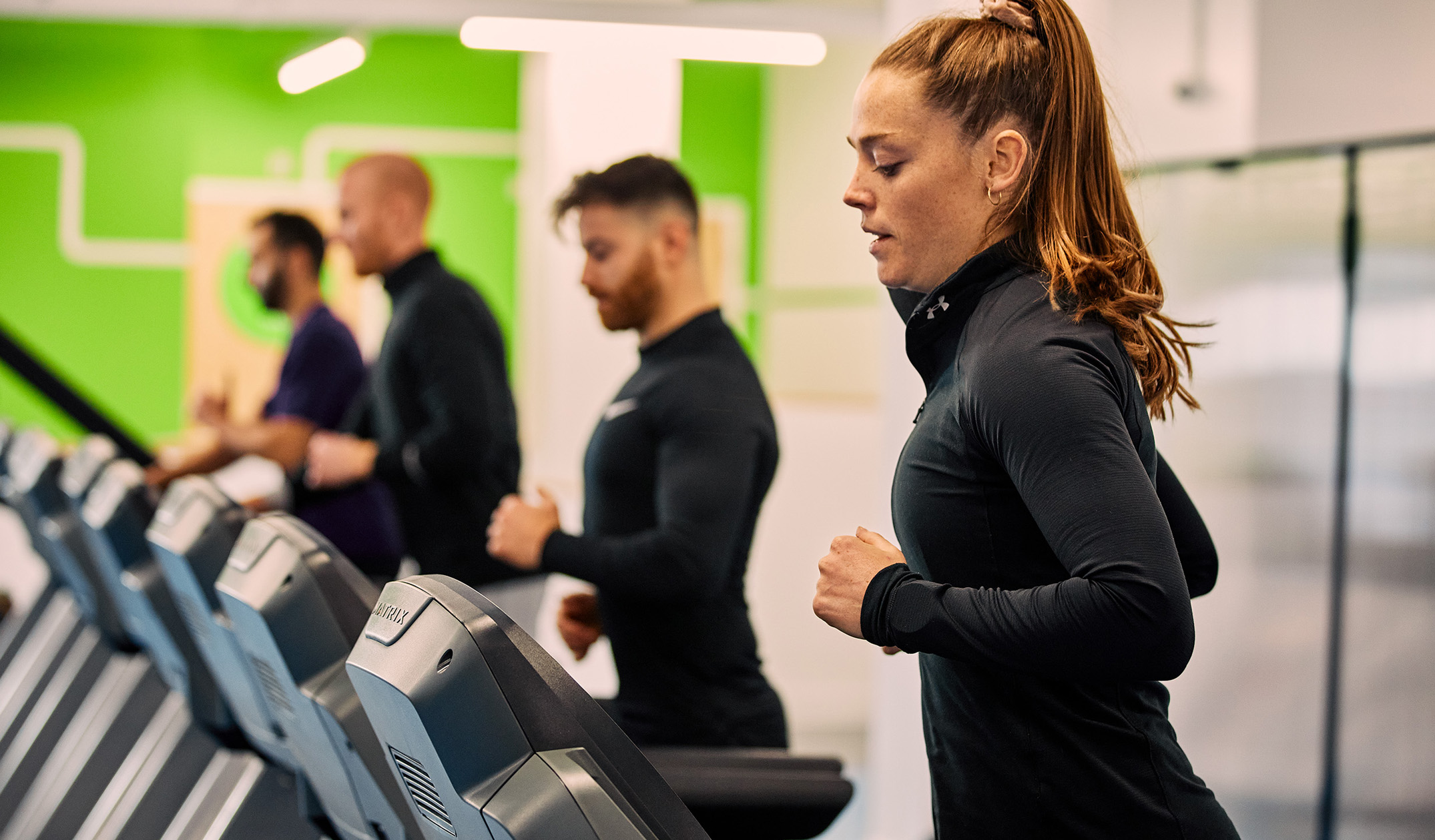
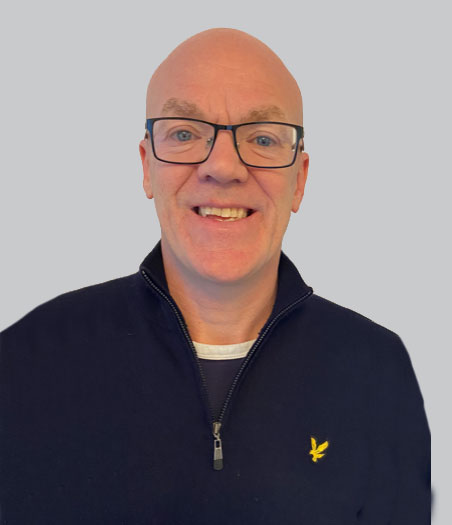
I joined the industry in 1991 and although there were always everyday issues to deal with, generally the industry was on an upwards trajectory and times were good. Then the 2008 financial crash hit and all of a sudden, as a young operations director, I realised I wasn’t going to hit my targets or get my bonus and also that my job wasn’t even guaranteed. What’s more, I was managing a team of people who were worried about losing their jobs and many of our members were in a similar position.
As a director I realised I had to put my own fears to one side, motivate myself, reassure and motivate my team, and get them to do the same for our members. This same mindset has got us through the tough trading conditions of the last few years. And the experience of the financial crash made me develop mental resilience and learn to be more agile and decisive in business.
Back in 2008, I told our sales staff to look for the people who were trading down from the top end clubs to the mid-market and emphasise our value-for-money proposition. We’re doing the same now and resurrecting our mid-market brand, Topnotch Gyms, to take advantage of the trading conditions. More recently, we’ve ripped out all the hot tubs in our clubs: people didn’t want them after COVID and they’re costly to run.
If a club is under performing I’m better, and faster, at making the difficult decision to close it, or move it in another direction.
If I could say something to my younger self it would be not to fret too much. Face the challenges head on and include as many people in the solution as possible – not just board members but ask the opinion of managers, even if it’s not about their club. Ask staff for feedback – the young ones have a different perspective and usually grew up in the area, which helps to embed the club in the community. The tough times have also made me appreciate the value of our workforce, who have consistently stepped up to do stuff outside of their comfort zone for the greater good.
